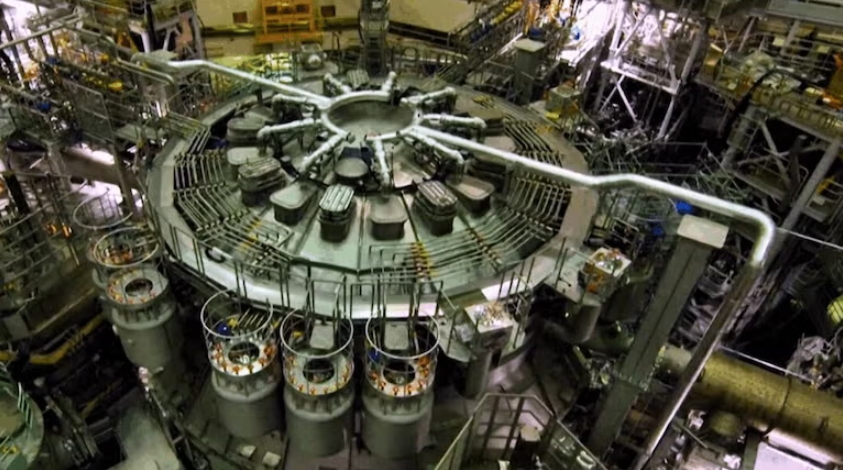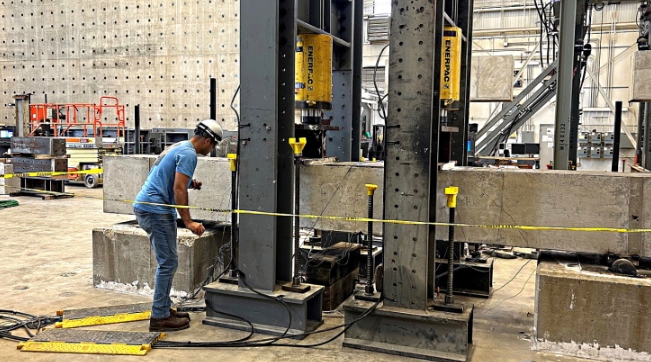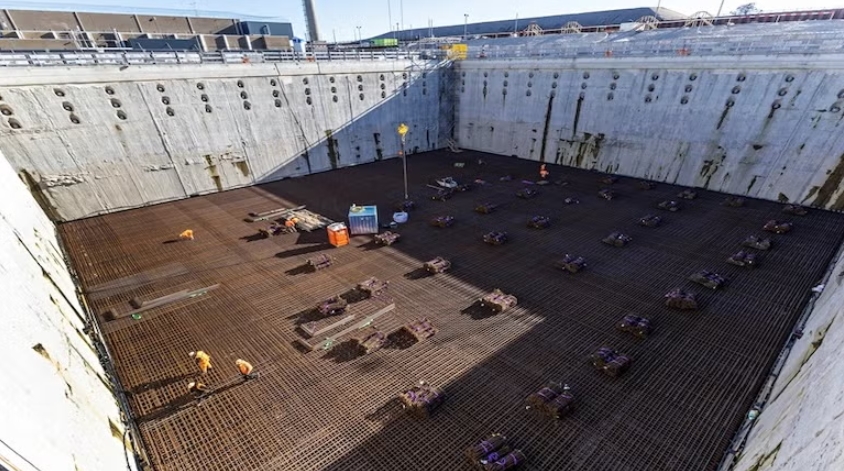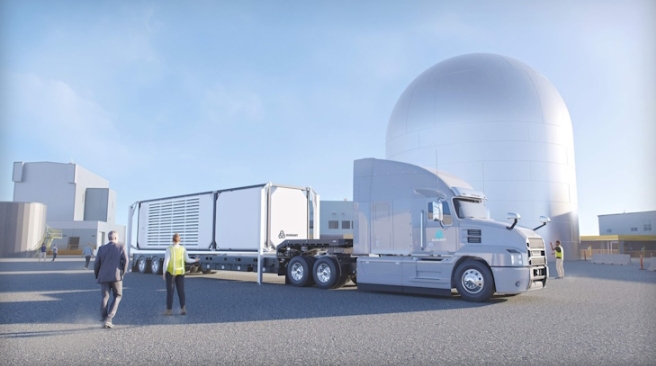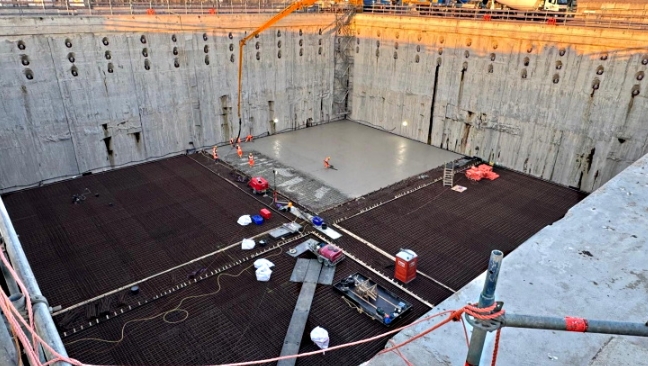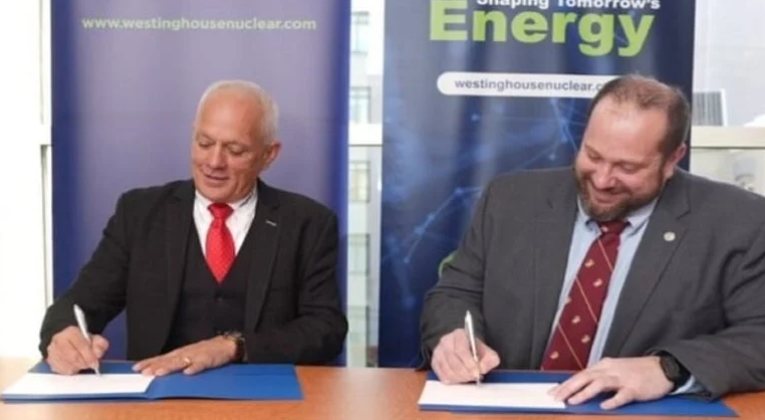/cloudfront-us-east-2.images.arcpublishing.com/reuters/6WDPA5DTVRPDNDGDCURGWNV7NA.jpg) Japan's new Economy, Trade and Industry Minister Koichi Hagiuda wearing a protective mask amid the coronavirus disease (COVID-19) outbreak, speaks at a news conference in Tokyo, Japan, October 5, 2021. REUTERS/Kim Kyung-Hoon
Japan's new Economy, Trade and Industry Minister Koichi Hagiuda wearing a protective mask amid the coronavirus disease (COVID-19) outbreak, speaks at a news conference in Tokyo, Japan, October 5, 2021. REUTERS/Kim Kyung-Hoon
Japan's public and private sectors will need to invest a total of 150 trillion yen ($1.2 trillion) in decarbonisation over the next 10 years to help achieve the nation's ambitious goal of becoming carbon neutral by 2050, the industry ministry said on Friday.
The estimate was unveiled as part of an interim report on the country's clean energy strategy which is expected to be finalised later this year.
"A great competition has already begun in which first movers have an advantage in the decarbonisation area," Koichi Hagiuda, Japan's Minister of Economy, Trade and Industry, told a panel of specialists which has been discussing the strategy.
It is essential for the government to offer support measures not only for research and development but also in various other areas on an unprecedented scale, allowing the private sector to make investment decisions with foresight, he said.
In April, the ministry said a 17 trillion yen investment would be needed in decarbonisation for 2030 alone by which time Japan aims to cut its emissions by 46% compared to 2013 levels.
Decarbonisation includes renewable energy, cleaner fuels such as hydrogen and ammonia, rechargeable batteries, energy-efficient buildings and electric vehicles.
To attract investment from the private sector, the government plans to provide support through subsidies, regulation and financing, among other measures, especially for new technology to help reduce carbon dioxide emissions and the creation of global supply chains for next-generation fuels.
($1 = 128.7600 yen)
/cloudfront-us-east-2.images.arcpublishing.com/reuters/6WDPA5DTVRPDNDGDCURGWNV7NA.jpg)
